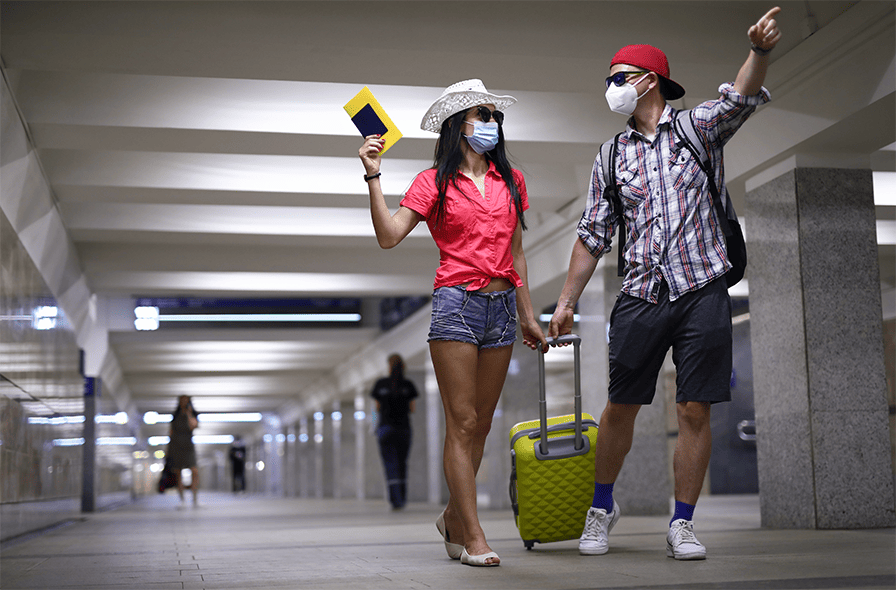STUDENT VISA
A student visa is a type of visa that allows individuals to study in a foreign country for a specified period, typically for the duration of their educational program. Student visas are issued by the host country’s government and are subject to specific requirements and regulations. Here are some key points to consider when applying for a student visa:
-
Acceptance at a Recognized Institution: Before applying for a student visa, you should have already been accepted into a recognized educational institution in the host country, such as a university, college, or school. You will typically need to provide proof of admission as part of your visa application.
-
Choose the Right Visa Type: Different countries may offer various types of student visas, depending on the level and duration of the educational program. Make sure you apply for the appropriate visa type that matches your intended course of study.
-
Visa Application: Visit the official website of the host country’s embassy or consulate to find the visa application form and guidelines. Complete the application form accurately and provide all the required documentation, which may include:
- Passport with a validity period that covers the duration of your study.
- Proof of admission to an educational institution.
- Evidence of sufficient funds to cover tuition fees and living expenses.
- Passport-sized photographs meeting specific requirements.
- Health insurance (if required).
- Visa application fee payment.
-
Proof of Financial Support: Most countries require international students to demonstrate that they have enough financial resources to cover tuition fees and living expenses while studying. This can include bank statements, affidavits of support, or scholarship letters.
-
Language Proficiency: Depending on the host country and the language of instruction, you may need to provide proof of language proficiency through tests like IELTS or TOEFL.
-
Health and Medical Requirements: Some countries require you to undergo a medical examination or provide proof of vaccinations before issuing a student visa.
-
Interview: You might be required to attend an interview at the embassy or consulate as part of the visa application process.
-
Visa Processing Time: It’s important to apply for your student visa well in advance of your program start date, as visa processing times can vary. Check with the embassy or consulate for estimated processing times.
-
Visa Conditions: Understand the conditions and restrictions of your student visa. These may include limitations on working during your studies, the need to maintain a full-time course load, and the requirement to report changes in your address or academic program.
-
Renewal and Extensions: Familiarize yourself with the visa renewal and extension processes, especially if your course of study extends beyond the initial visa period.
-
Maintaining Legal Status: Once you have a student visa, it’s essential to abide by the laws and regulations of the host country. This includes attending classes, maintaining the required academic progress, and adhering to visa conditions.
-
Post-Study Options: Consider what your post-study options are, such as work permits or extensions, if you plan to stay in the host country after completing your studies.
It’s important to consult the official website of the embassy or consulate of the host country for the most up-to-date and country-specific information on student visa requirements and application procedures. Additionally, consider seeking assistance from your educational institution’s international student office or a legal expert experienced in immigration matters.



